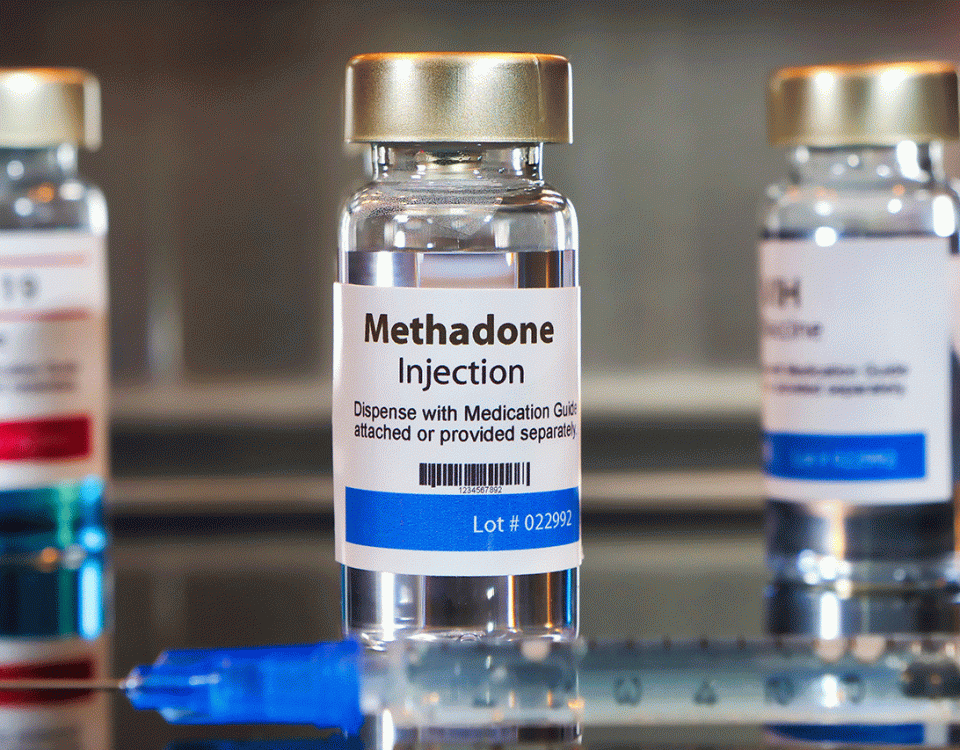What are some common myths and facts about alcohol, arguably the most popular substance in the nation? Even today, thousands of people have misconceptions about what alcoholism is and what it does to the body. Because it isn’t considered a “hard drug” like many other addictive substances – such as cocaine, heroin, or prescription opioids – many people don’t take alcoholism as seriously. Many people don’t even consider alcoholism an actual “addiction” but instead simply chalk it up to a lack of willpower on the addict’s part. Imagine how many people have been discouraged from seeking help because they were told they needed willpower. Our Pompano Beach drug rehab is debunking some common myths about alcohol addiction to bring awareness to the severity of this substance use disorder and the importance of treatment.
Common Myths About Alcoholism
There are plenty of alcohol myths concerning the disease of addiction, many of which have prevented individuals with the disease from getting the treatment they require to recover. Unfortunately, despite knowing more about the effects of alcohol today, many people still don’t consider the substance to be that dangerous or consider heavy drinking to be a normal part of life.
To spread awareness concerning the dangers of alcohol abuse and the importance of professional rehabilitation for those addicted, we’ve addressed some common myths and facts about drinking alcohol below.
Myth #1: Alcoholism is a moral failing.
Fact: Alcoholism is a chronic disease that can continue to worsen if left untreated. It can affect anyone at any time of their lives, and it is difficult to quit without the support of a medical team or evidence-based care such as alcohol detox. The development and sustainment of alcoholism have less to do with any moral failing and more to do with the physical and psychological effects of addiction.
Myth #2: Alcoholics can stop drinking whenever they want.
Fact: As we previously mentioned, alcohol addiction is a chronic and complex disease that affects brain chemistry and behavior. Although quitting whenever you want is one of the most common myths about alcohol addiction, a major characteristic of alcoholism is the inability to stop drinking even when one is aware of the consequences. Therefore, most people with alcohol addiction can’t just stop drinking from one second to the next on their own. This is not only because of the addiction’s psychological hold but also due to physical challenges like what happens to the body during withdrawal.
Myth #3: Only heavy drinkers are alcoholics.
Fact: Alcohol addiction is defined as a person’s inability to control their consumption of alcohol, regardless of how much they drink. This means that even what people consider to be “light” drinkers could potentially have an addiction to alcohol. What’s more, heavy drinking is defined differently for both men and women. A man is heavily drinking if he consumes more than 4 drinks on any day or more than 14 drinks per week, while a woman is heavily drinking if she consumes more than 3 drinks on any day or more than 7 drinks per week. Even if someone is technically drinking less than this, the control (or lack thereof) of their alcohol consumption is a more accurate indicator of their addiction.
Myth #4: Alcoholism is only a problem in men.
Fact: Although more men report drinking alcohol than women and drink alcohol more excessively than women, alcoholism can occur in individuals of either gender.
Myth #5: Drinking in moderation is safe.
Fact: While moderate drinking may be safe for some people, it can be dangerous for others. This is especially the case for individuals who are prone to alcoholism or have any underlying health conditions. It’s also important to avoid drinking or operating any machinery under the influence of alcohol, as this increases the risk of injury and death for yourself and others.
Myth #6: An alcoholic can stop drinking on their own.
Fact: As we mentioned in myth #2, not all people with alcohol addiction can stop drinking whenever they want. Not only is the psychological aspect of addiction (such as the emotional and mental comfort drinking may provide) difficult to overcome without help, but there’s also the matter of withdrawals. Alcohol withdrawals are not only among the most challenging to recover from but also among the most dangerous. Therefore, while it may be possible for some to quit alcohol cold turkey, it’s not recommended due to the dangers. Instead, it’s encouraged that individuals with severe alcoholism seek out residential addiction treatment to receive round-the-clock care and support.
From Alcohol Addiction to Rehab Recovery
We hope these alcohol myths and facts helped you or a loved one better understand how severe the disorder is and the importance of treatment. There’s no need to be ashamed of a drinking problem, but there is a need for professional care.
If you or someone you care about is battling alcoholism, our Pompano Beach treatment center offers alcohol addiction treatment that can make recovery possible. We usually start patients off at our partial hospitalization level of care, during which they receive medicated-assisted treatment combined with psychotherapy. This treatment plan addresses both the physical and mental challenges of getting sober.
For more information about our addiction and mental health treatment in Pompano, call Banyan Treatment Centers today at 888-280-4763 or send us your contact information, and an admission specialist will reach out to you right away.
Related Reading:









